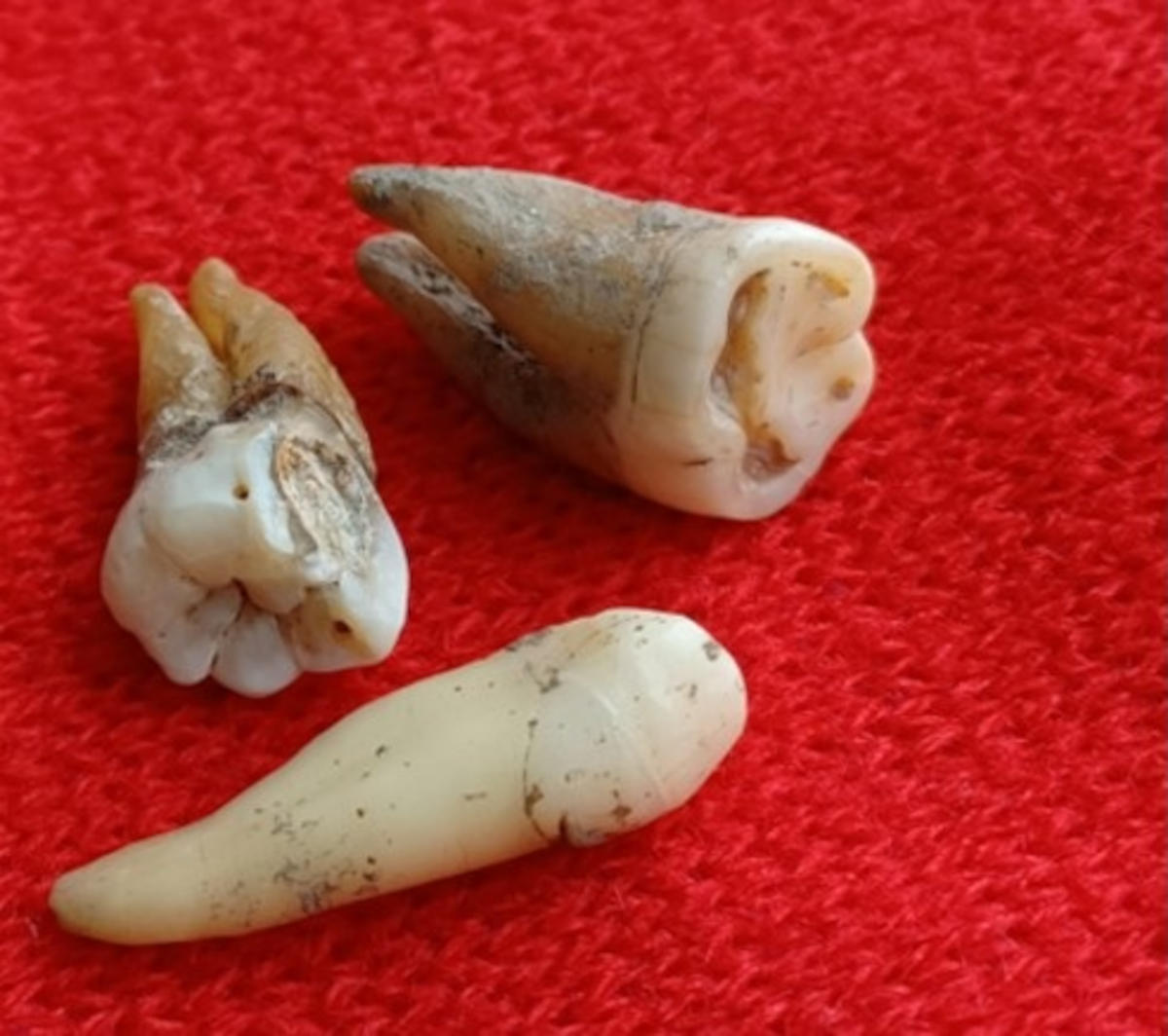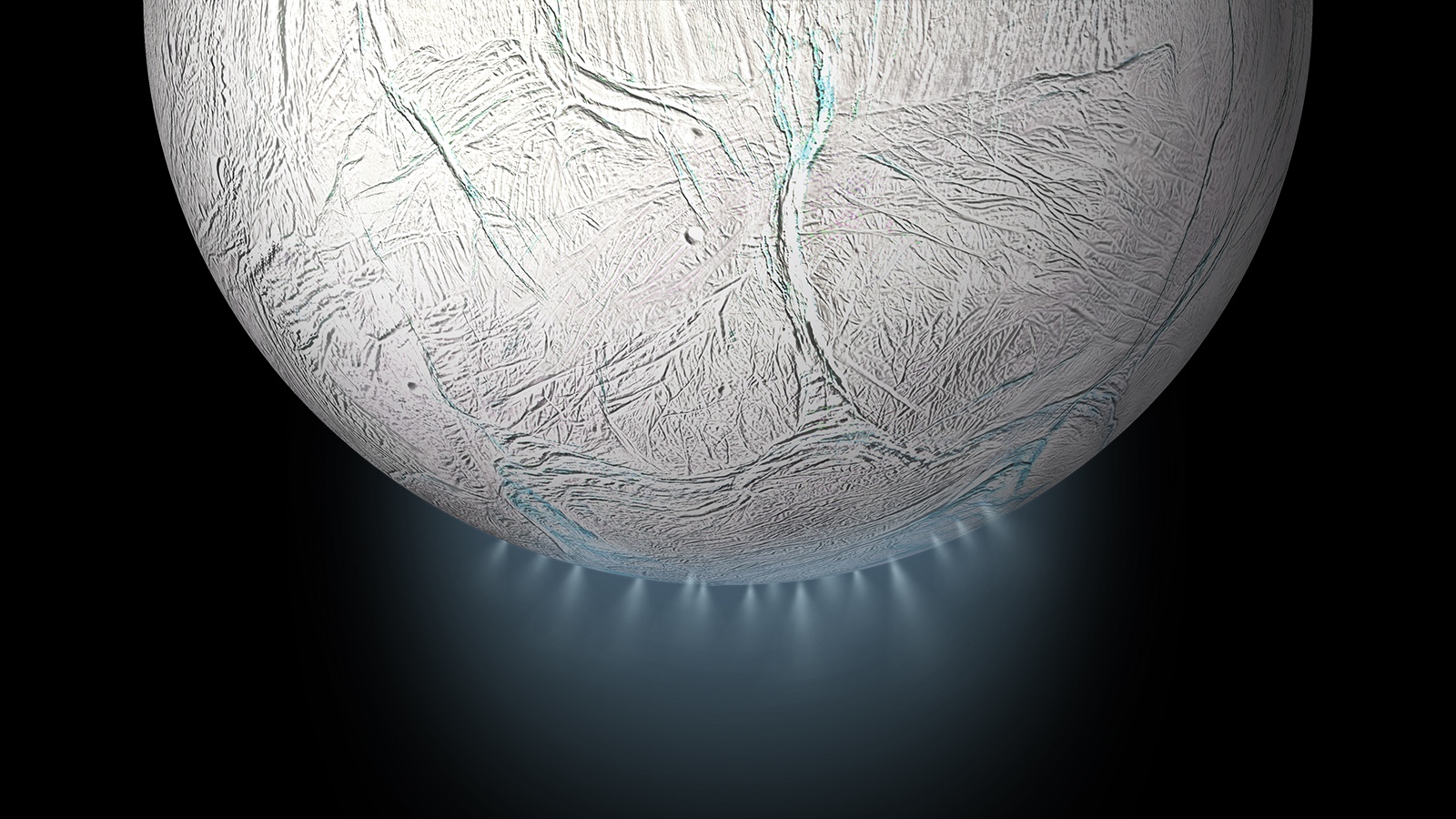Russia’s robotic Progress 80 cargo ship blasted off Monday (Feb. 14), carrying about 3 tons of supplies and equipment toward the orbiting lab.
A Russian Soyuz rocket launched Progress 80 from Baikonur Cosmodrome in Kazakhstan at 11:25 p.m. EST Monday (0425 GMT or 9:25 a.m. local time on Tuesday, Feb. 15).
The freighter will orbit Earth more than 30 times before arriving at the International Space Station, a milestone that’s scheduled to occur early Thursday (Feb. 17). NASA TV will air live coverage of the cargo ship’s arrival beginning at 1:30 a.m. EST (0630 GMT) Thursday, and the Progress should link up with the Russian Poisk docking module at 2:06 a.m. EST (0806 GMT).
Related: How Russia’s Progress spaceships work (infographic)

NASA stated that Progress 80 will carry about three tons of food, fuel and supplies to the International Space Station and that the cargo craft’s departure date from the orbiting lab will be determined by Russia’s federal space agency, Roscosmos, at a later date.
Roscosmos announced days ago that it plans to shorten Progress deliveries to a single-orbit, two-hour journey to the orbiting lab. Should early testing go to plan, implementation of that superfast route is expected in 2023.
Starting in 2018, many Progress vehicles were able to get to the station in just two orbits, or three hours. But the timing of launches and space station arrivals is subject to many factors, such as the activities of other spacecraft docked to the space station.
Progress is the main spacecraft by which Russia delivers supplies to its crews on the International Space Station, following the work of previous Progress variants that supplied earlier stations such as Salyut 6 and Mir. Progress was first developed in the 1970s under the now-defunct Soviet Union.
Editor’s note: This story was updated at 11:47 p.m. EST on Feb. 14 with news of Progress 80’s successful launch.
Follow Elizabeth Howell on Twitter @howellspace. Follow us on Twitter @Spacedotcom or Facebook.
Join our Space Forums to keep talking space on the latest missions, night sky and more! And if you have a news tip, correction or comment, let us know at: community@space.com.

Elizabeth Howell, Ph.D., is a contributing writer for Space.com since 2012. As a proud Trekkie and Canadian, she tackles topics like spaceflight, diversity, science fiction, astronomy and gaming to help others explore the universe. Elizabeth’s on-site reporting includes two human spaceflight launches from Kazakhstan, and embedded reporting from a simulated Mars mission in Utah. She holds a Ph.D. and M.Sc. in Space Studies from the University of North Dakota, and a Bachelor of Journalism from Canada’s Carleton University. Her latest book, NASA Leadership Moments, is co-written with astronaut Dave Williams. Elizabeth first got interested in space after watching the movie Apollo 13 in 1996, and still wants to be an astronaut someday.
Note: This article have been indexed to our site. We do not claim legitimacy, ownership or copyright of any of the content above. To see the article at original source Click Here








